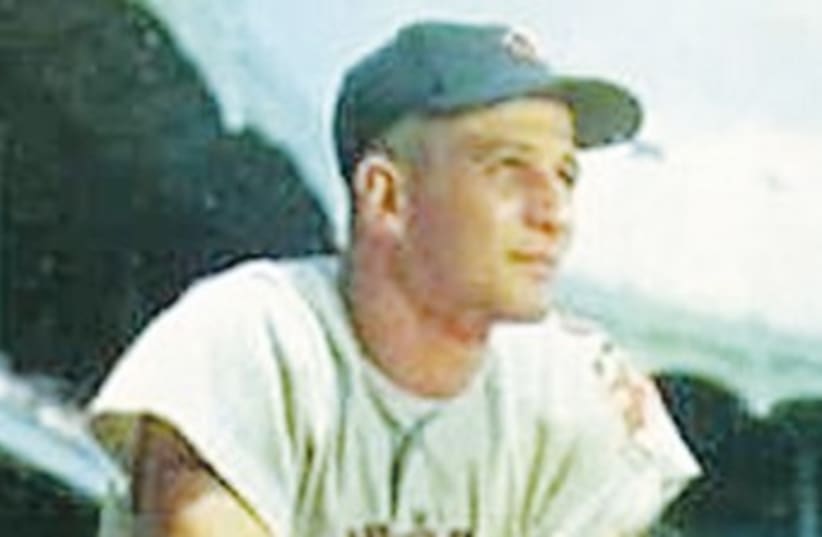Forget Braun, new film reminds us we have Al Rosen to go with Koufax, Greenberg as Jewish diamond legends
When Ryan Braun was named the National League’s Most Valuable Player in 2011, Jewish sports nuts talked about whether the Milwaukee Brewers’ slugger would end up in the pantheon with Hank Greenberg and Sandy Koufax.
